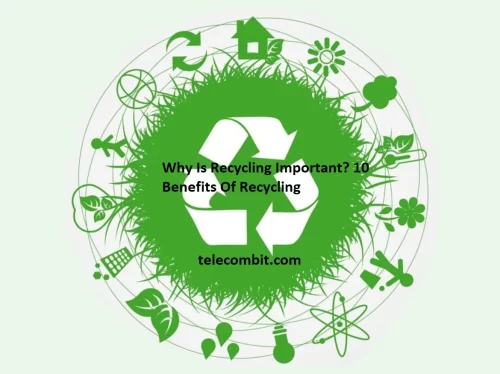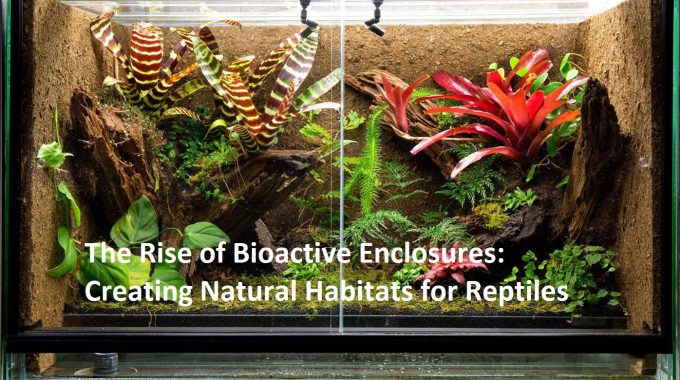Why Is Recycling Important? 10 Benefits Of Recycling
Recycling has become an integral part of sustainable living, offering numerous environmental and economic benefits. It involves the process of converting waste materials into reusable resources, reducing the strain on natural resources and minimizing the negative impact on our planet. In this article, we explore ten key benefits of recycling, highlighting its significance in building a greener future. Why Is Recycling Important? 10 Benefits Of Recycling.

Conservation of Natural Resources
Recycling plays a crucial role in conserving our planet’s limited natural resources. By reusing materials such as paper, plastic, metal, and glass, we reduce the need for extracting raw materials from the Earth. For example, recycling one ton of paper can save up to 17 trees and reduce the demand for water and energy required for paper production. By conserving resources, recycling helps preserve natural habitats and ecosystems, ensuring a sustainable future for generations to come.
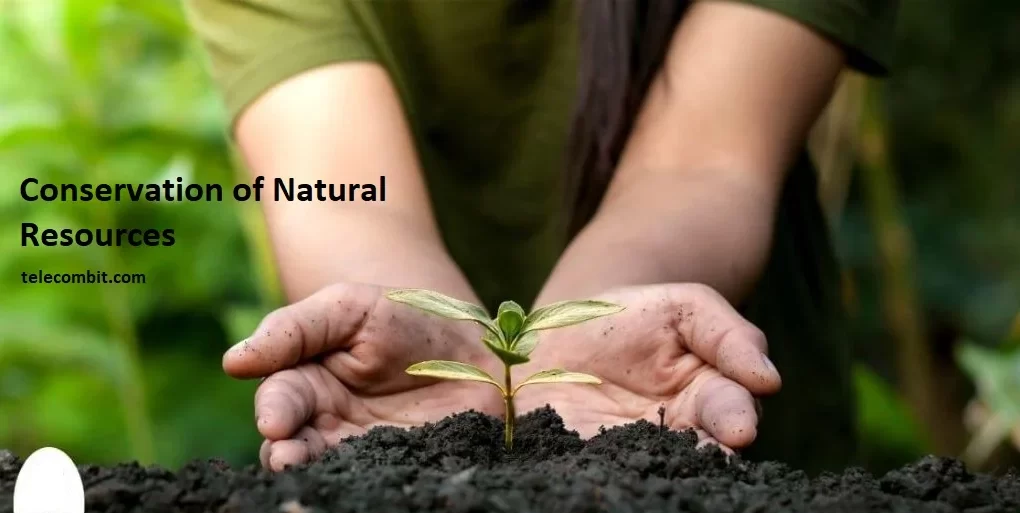
Energy Conservation
Recycling often requires less energy compared to the manufacturing of products from scratch. This is because the recycling process involves reprocessing materials into new products, which generally requires less energy than extracting, refining, and processing virgin resources. For instance, recycling aluminum saves up to 95% of the energy needed to produce aluminum from raw materials. Why Is Recycling Important? 10 Benefits Of Recycling. By conserving energy, recycling contributes to the reduction of greenhouse gas emissions and helps combat climate change.

Reduction of Landfill Waste
One of the significant benefits of recycling is the reduction of waste sent to landfills. Landfills are not only unsightly but also release harmful gases and leachate that can contaminate soil and water sources. By recycling, we divert waste from landfills, easing the burden on these facilities and minimizing pollution risks. Recycling also extends the lifespan of existing landfills, delaying the need for new ones and preserving valuable land.

Prevention of Pollution
Recycling plays a vital role in preventing pollution. When waste materials decompose in landfills, they release greenhouse gases like methane, which contribute to climate change. Moreover, improper disposal of certain items, such as electronics or hazardous materials, can lead to soil and water pollution. By recycling these items responsibly, we reduce the pollution potential and safeguard the environment. Additionally, recycling paper and plastic reduces the need for incineration, which can release harmful emissions into the air.
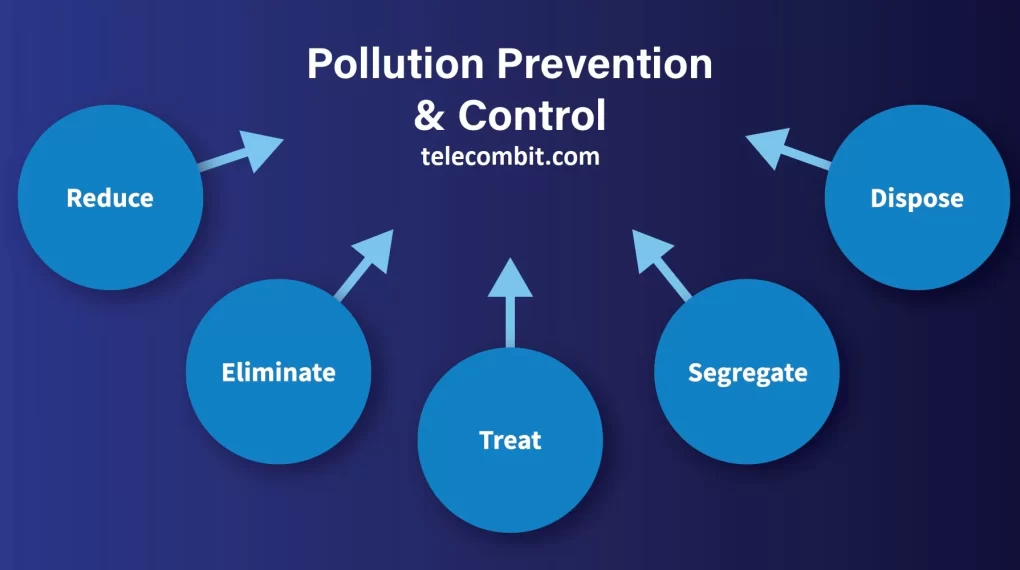
Reduction of Greenhouse Gas Emissions
As mentioned earlier, recycling helps reduce greenhouse gas emissions. Manufacturing products from recycled materials requires less energy compared to creating them from raw materials. This energy reduction translates into lower emissions of carbon dioxide and other greenhouse gases. By choosing recycled products and participating in recycling programs, we actively contribute to mitigating climate change and its associated environmental impacts.
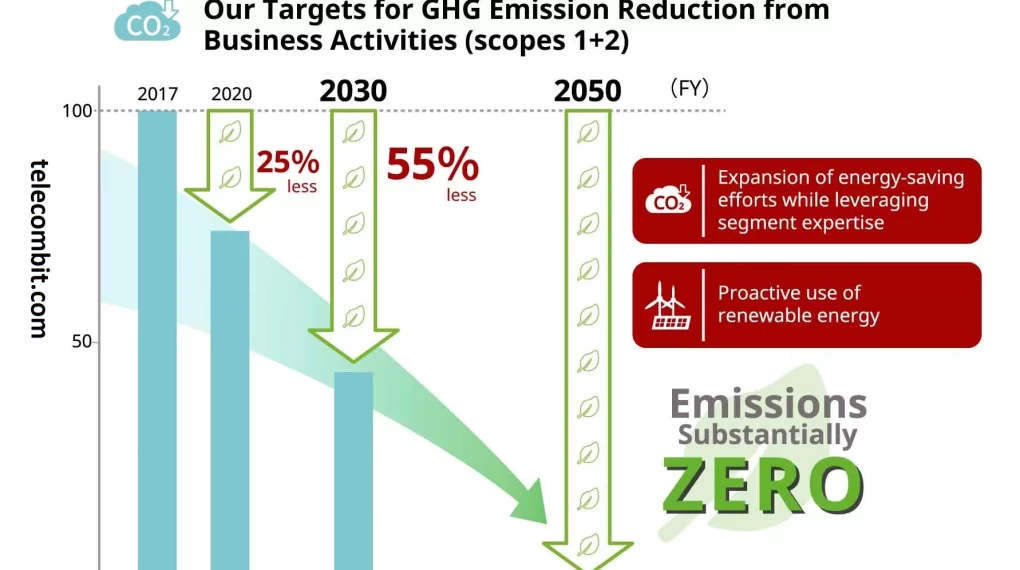
Economic Benefits
Recycling not only benefits the environment but also has significant economic advantages. The recycling industry creates jobs and stimulates economic growth. It provides employment opportunities in various sectors, such as collection, sorting, processing, and manufacturing. Additionally, recycling reduces the demand for raw materials, which can lead to cost savings for industries and consumers. By supporting recycling initiatives, we foster a sustainable economy while protecting the environment.

Promotion of Circular Economy
Recycling is a key component of the circular economy, which aims to minimize waste and maximize resource efficiency. In a circular economy, products and materials are kept in use for as long as possible through recycling, repair, and reuse. By embracing recycling practices, we move away from the linear “take-make-dispose” model and contribute to a more sustainable and regenerative economy. Recycling is a vital step towards achieving a circular economy that promotes long-term sustainability. Why Is Recycling Important? 10 Benefits Of Recycling.
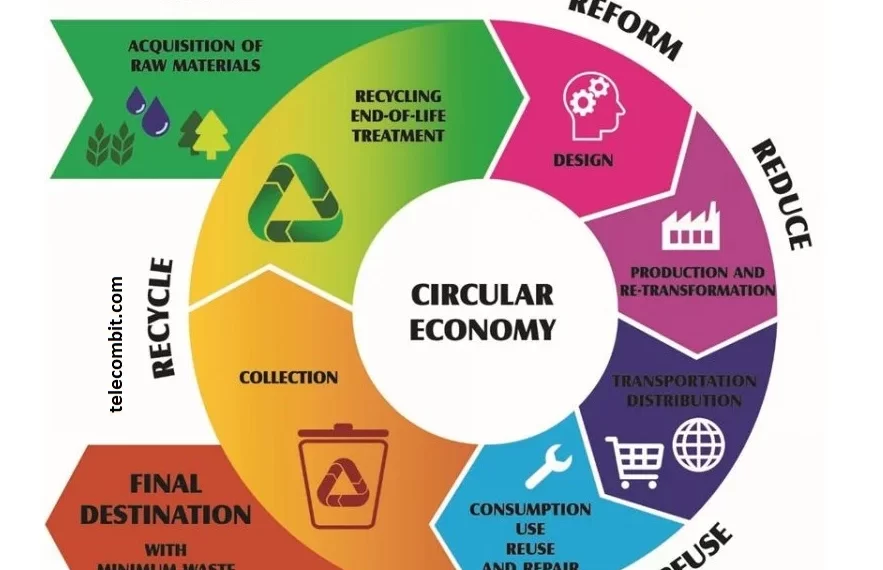
Conservation of Water Resources
The recycling process often requires less water compared to the production of virgin materials. For example, recycling one ton of plastic saves approximately 2,000 gallons of water that would have been used in the manufacturing process. By conserving water resources through recycling, we alleviate the strain on freshwater reserves, which are essential for various ecosystems and human activities. This conservation effort becomes increasingly crucial as water scarcity continues to be a global concern.

Preservation of Biodiversity
Recycling plays a role in preserving biodiversity by reducing the need for extracting resources from natural habitats. Mining and logging activities often result in habitat destruction, endangering numerous plant and animal species. By opting for recycled materials, we decrease the demand for such activities and contribute to the preservation of biodiversity. Recycling also reduces the need for intensive agriculture and deforestation, further protecting ecosystems and the species that depend on them.

Education and Awareness
Recycling programs and initiatives provide an opportunity for education and raising awareness about the importance of sustainable practices. When individuals actively participate in recycling, they become more conscious of their consumption patterns and waste generation. By educating communities about recycling processes, benefits, and proper waste management, we empower individuals to make informed choices and contribute to a cleaner environment. Increased awareness of recycling also encourages responsible behavior and fosters a sense of environmental stewardship.
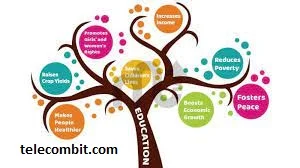
Conclusion
The importance of recycling cannot be overstated. Through conservation of natural resources, energy and water conservation, reduction of landfill waste, prevention of pollution, and the reduction of greenhouse gas emissions, recycling plays a critical role in building a sustainable future. Additionally, it offers economic benefits, promotes a circular economy, preserves biodiversity, and enhances education and awareness. By embracing recycling practices, we can all contribute to a cleaner, greener, and healthier planet for ourselves and future generations.
